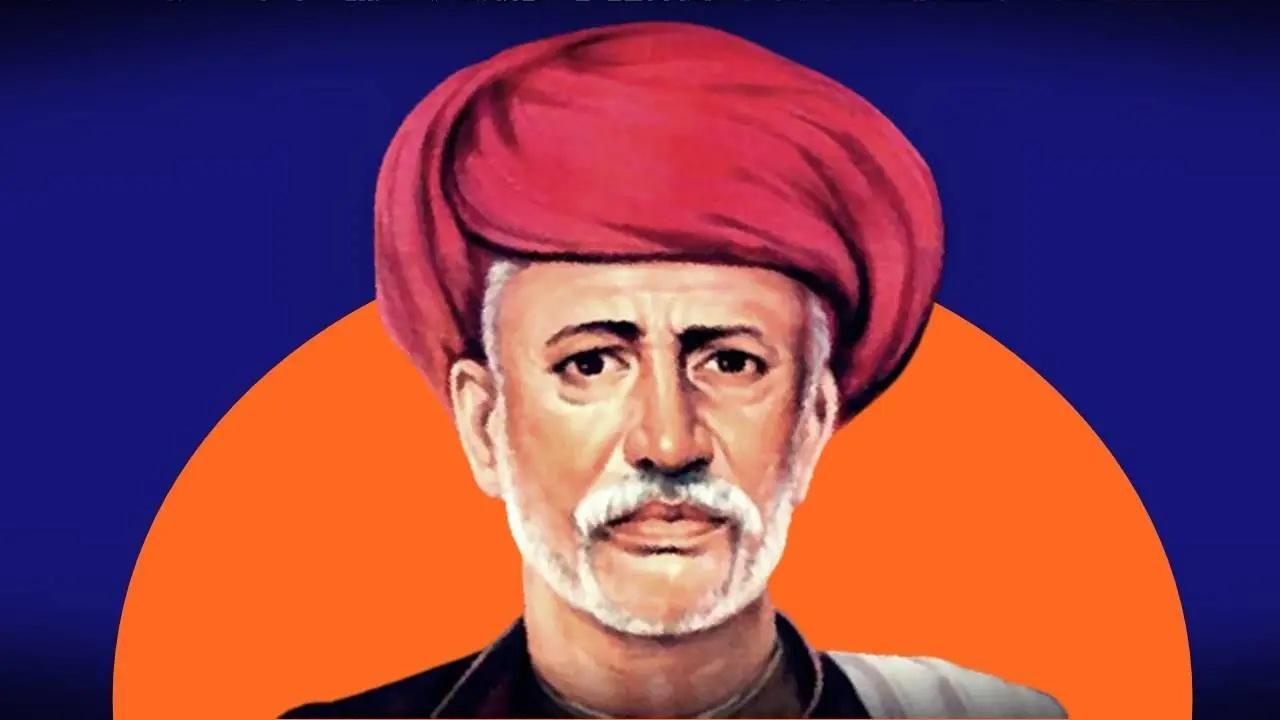Home / News / India News / Article /
Jyotiba Phule birth anniversary: Life and contribution of the social reformer
Updated On: 10 April, 2023 10:23 PM IST | Mumbai | mid-day online correspondent
He is recognised for his work supporting the education of women and disadvantaged castes, along with his wife Savitribai Phule
Listen to this article :

File photo
Jyotiba Phule also known as Jyotirao Govindrao Phule, was a pioneer in the field of women’s education. He devoted a lot of his time to tackling social concerns as a revolutionary, author, thinker, and humanitarian. He was renowned for opposing caste injustice. On April 11, 1827, Jyotiba Phule was born in Pune, Maharashtra.
He is recognised for his work supporting the education of women and disadvantaged castes, along with his wife Savitribai Phule.
Read Next Story



